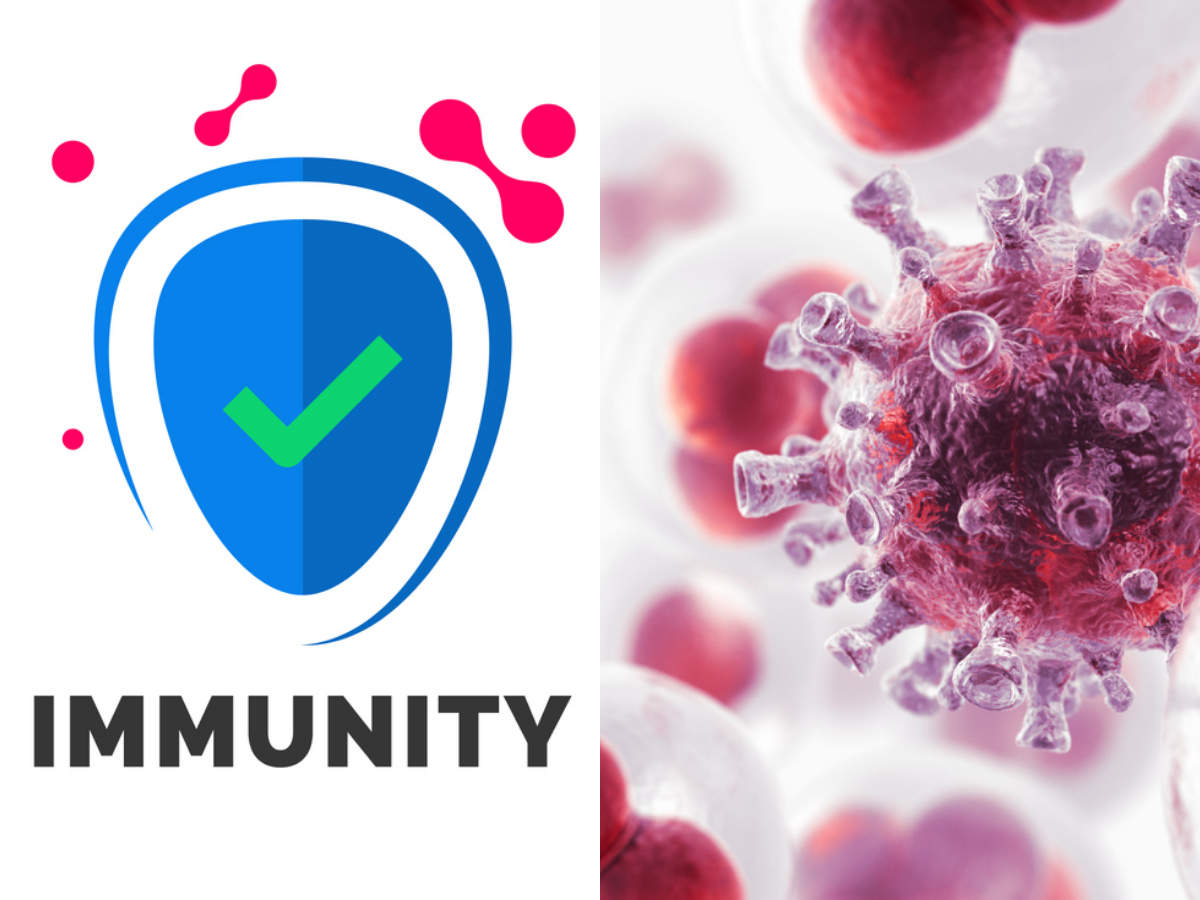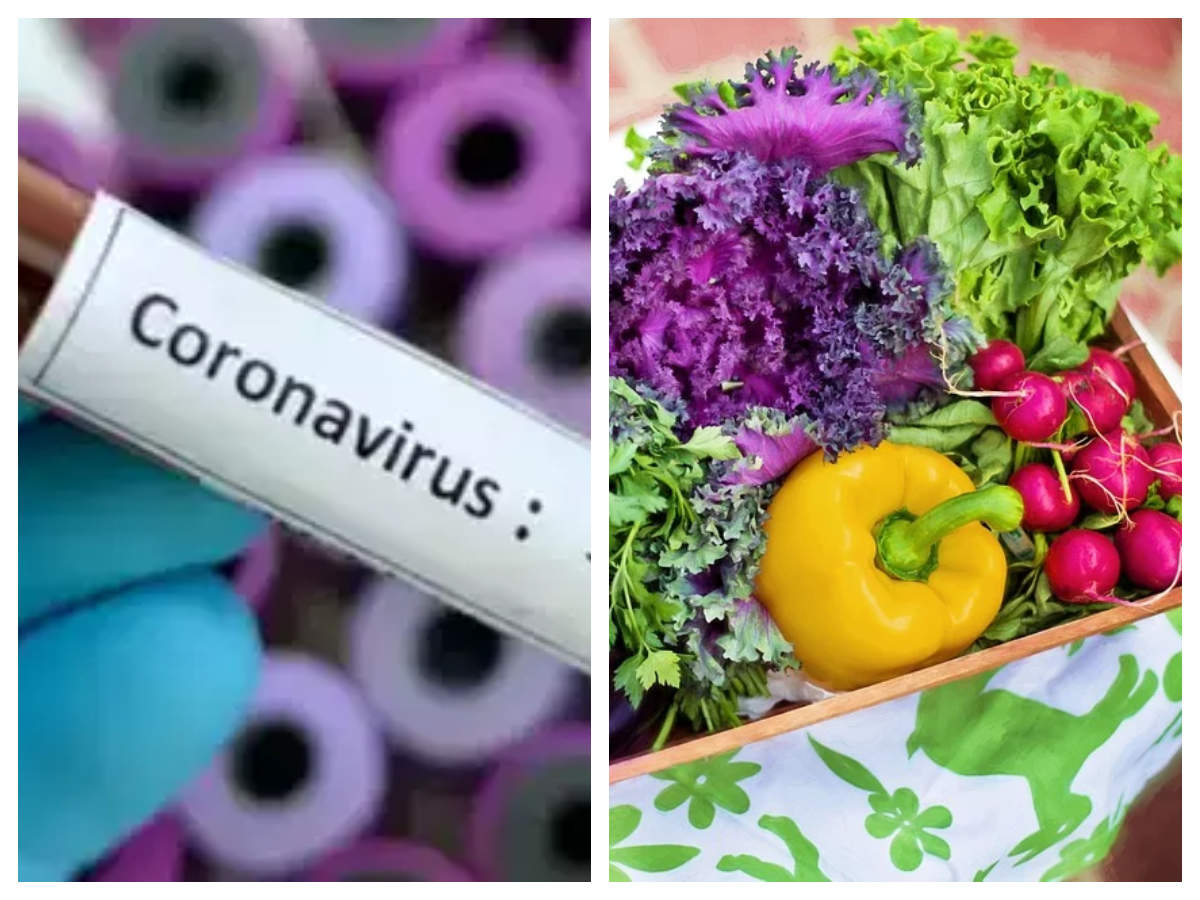As the coronavirus continues to spread across the world, interest in nutrition and diet in relation to immunity has increased, as has confusion and misconceptions.
No food or supplement, can protect you from getting the coronavirus (COVID-19). Nevertheless, having a healthy diet is important in supporting our immune function and many nutrients influence the body’s ability to fight infection.

Food, nutrients and the immune system
The immune system is a complex cell and chemical network that serves to shield the body from infection. A variety of specific nutrients support our immune systems in order to treat pathogens naturally.
Those are outlined in the following table, so you can see that these immune nutrients are present in a large array of foods. The easiest way to provide all the nutrients essential to the immune system and all the other processes in the body is to get a balanced and diversified diet.
| Nutrient | Role in immune system | Food sources |
| Vitamin A | Helps support T-cells (a type of white blood cell that helps identify pathogens). | Liver, whole milk and cheese are dietary sources of retinol (“pre-formed” vitamin A). Dark green leafy vegetables and orange-coloured fruits and vegetables, e.g. carrots, sweet potato, butternut squash, cantaloupe melon and papaya, are dietary sources of carotenoids, which can be converted to vitamin A by the body. |
| Vitamin B6 | Helps produce new immune cells, metabolise antibodies and helps immune cells to communicate. | Poultry, fish, fortified breakfast cereals, egg yolk, yeast extract, soya beans, sesame seeds and some fruit and vegetables, such as banana, avocado and green pepper. |
| Vitamin B12 | Helps to produce new immune cells. | Meat, fish, shellfish, milk, cheese, eggs, fortified yeast extract and fortified breakfast cereals. |
| Vitamin C | Helps immune cells attack pathogens, helps clear away old immune cells from the site of infection and helps to maintain the skin, our external barrier to infection. | Citrus fruits, blackcurrants, strawberries, papaya, kiwi, green vegetables, peppers and tomatoes. |
| Copper | Helps to protect and fuel immune cells. | Bread, breakfast cereals, rice, quinoa, meat, fish and shellfish, pulses, avocado, dried fruit, nuts and seeds. |
| Vitamin D | Role not clear but low status is associated with reduced immune response. | Oily fish, eggs, fortified breakfast cereals, fortified spreads and fortified dairy products. We are all advised to consider taking a supplement of 10 micrograms a day from October to March, and all year round if we aren’t often outdoors. |
| Folate | Helps produce new immune cells. | Green vegetables, pulses, oranges, berries, nuts and seeds, cheeses, bread and fortified breakfast cereals. |
| Iron | Helps maintain the health of immune cells. | Offal, red meat, beans, pulses, nuts and seeds, fish (such as canned sardines, cockles and mussels), quinoa, wholemeal bread and dried fruits. |
| Selenium | Helps produce new immune cells and can help to strengthen response to infection. | Nuts and seeds (for example Brazil nuts, cashews and sunflower seeds), eggs, offal poultry, fish and shellfish. |
| Zinc | Helps produce new immune cells, helps develops ‘natural killer cells’ that help to fight off viruses and supports communication between immune cells. | Meat, poultry, cheese, some shellfish (including crab, cockles and mussels), nuts and seeds (in particular pumpkin seeds and pine nuts), wholegrain breakfast cereals and wholegrain and seeded breads. |
| The wide range of nutrients implicated in immunity suggests that a healthy, balanced and varied diet is important. |
Supplements
When it comes to vitamins and mineral supplements that may shoot out of the shelf, we have no evidence that viral infections can be avoided or treated. Vitamin C may reduce the duration and seriousness of the common cold but is caused by a different type of virus and vitamin C is not clearly affected by coronavirus symptoms. Zinc supplements in particular zinc lozenges have already been studied in the common cold, although more work is required to establish dosages and forms of zinc that may have therapeutic value.
If you are worried that your diet will not provide you with all you need, then you could consider a supplement – a multivitamin and mineral supplement may be the best approach so that you get a range of vitamins and minerals. However, it is best to try to eat well as a healthy diet can provide a range of natural compounds that you will not find in supplements.
https://www.who.int/emergencies/diseases/novel-coronavirus-2019

